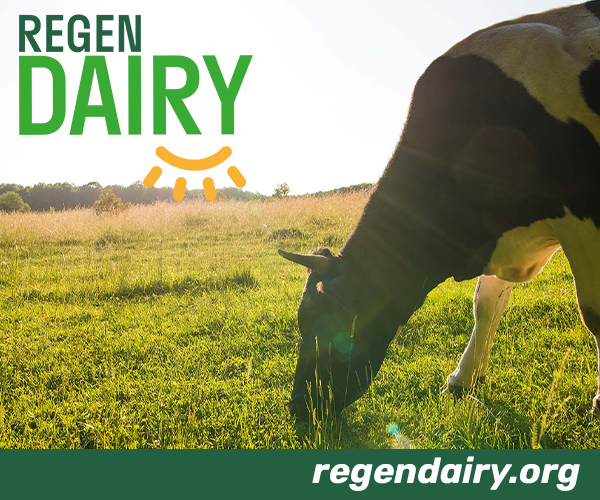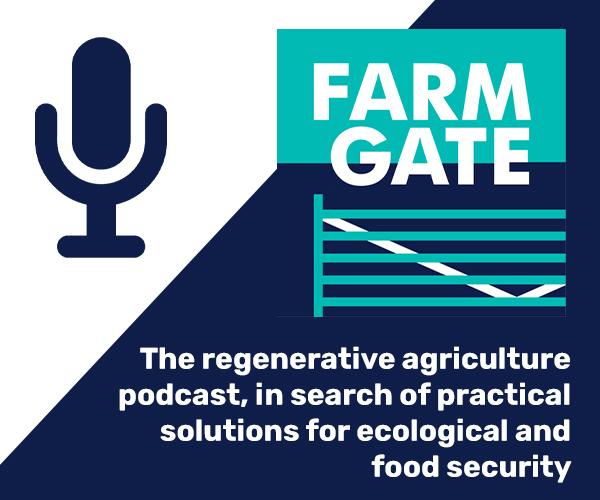



Regenerative Grazing Improves Soil Health and Plant Biodiversity
SPAIN - Regenerative grazing practices improve soil quality and pasture diversity, as the Spain-based European LIFE Regen Farming project, due to end this year, has been able to show.The last few decades have seen the gradual abandoning of grazing practices in many livestock systems, while the problems of the sustainability of agricultural and livestock activity have become increasingly clear. The LIFE Regen Farming project seeks to determine the viability of regenerative practices as an alternative for the sustainability of livestock farms.
The regenerative management put into practice in the three areas in the study was based on direct sowing using perennial and leguminous species, organic fertiliser from the farm itself and grazing schemes adapted to each farm.
It has been possible to demonstrate throughout the project that these pasture management techniques achieve up to 10-15 per cent more grass. The production of ‘extra’ grass constitutes a saving in the purchase of fodder and highlights the technical and economic effectiveness of regenerative management. Furthermore, the sheep managed under regenerative grazing have the same milk yields and composition, so the flock's production parameters are not altered.
On the other hand, on an environmental level, regenerative practices increase carbon fixation in the pasture (+10 per cent), they cut the carbon footprint per unit of product (-10 per cent), they improve soil fertility (+10 per cent of particulate organic matter) and finally increase the botanical diversity of the meadowland (+3 per cent). All this leads to an increase in both the environmental and economic viability of the farms that implement these practices.
TheCattleSite News Desk








